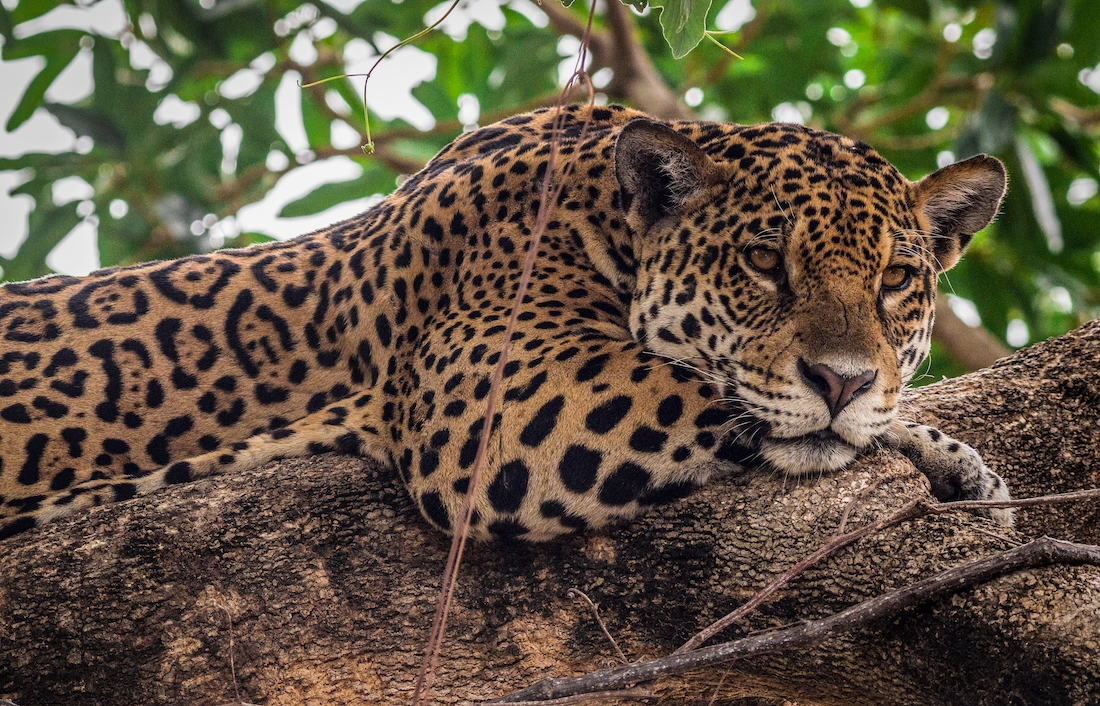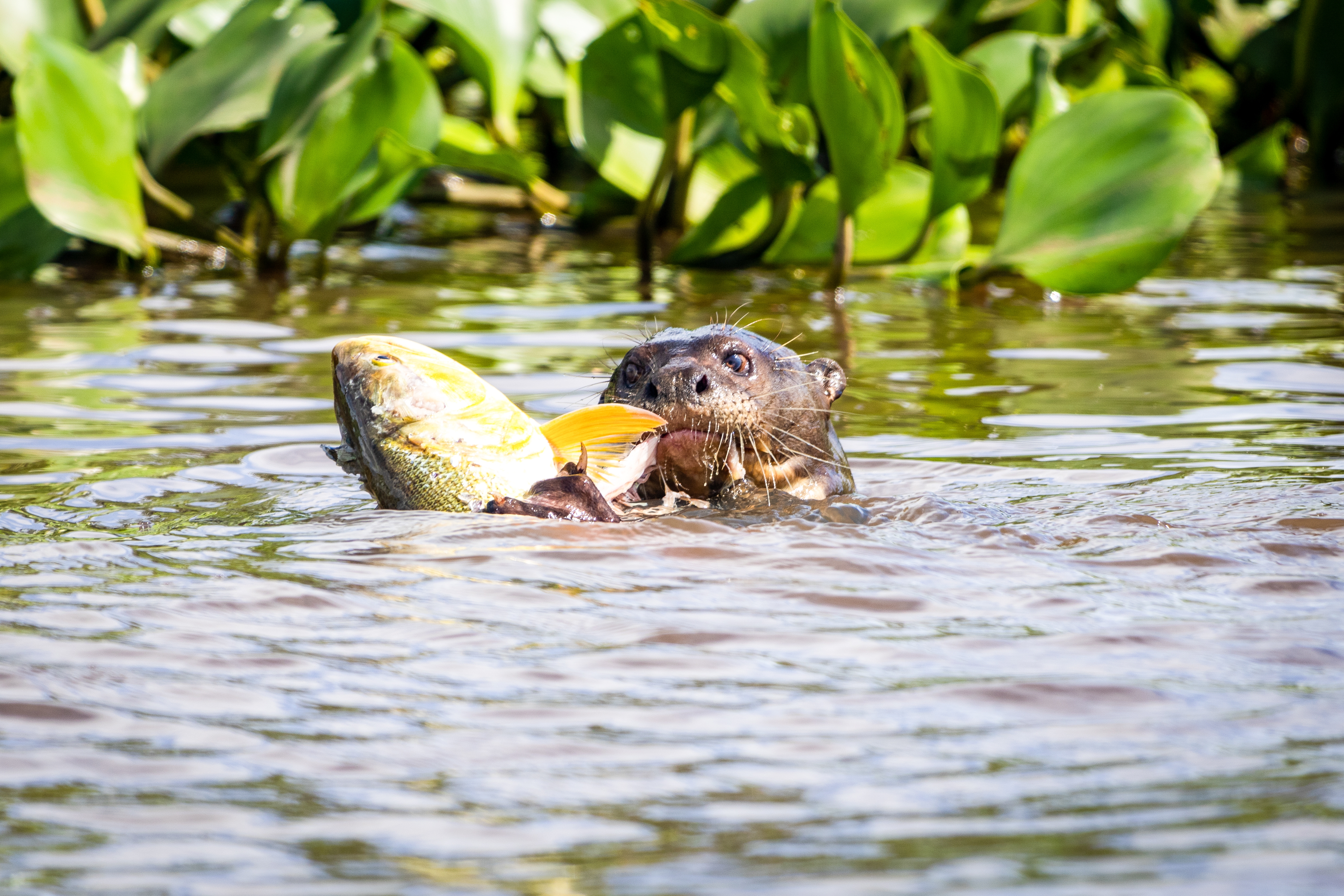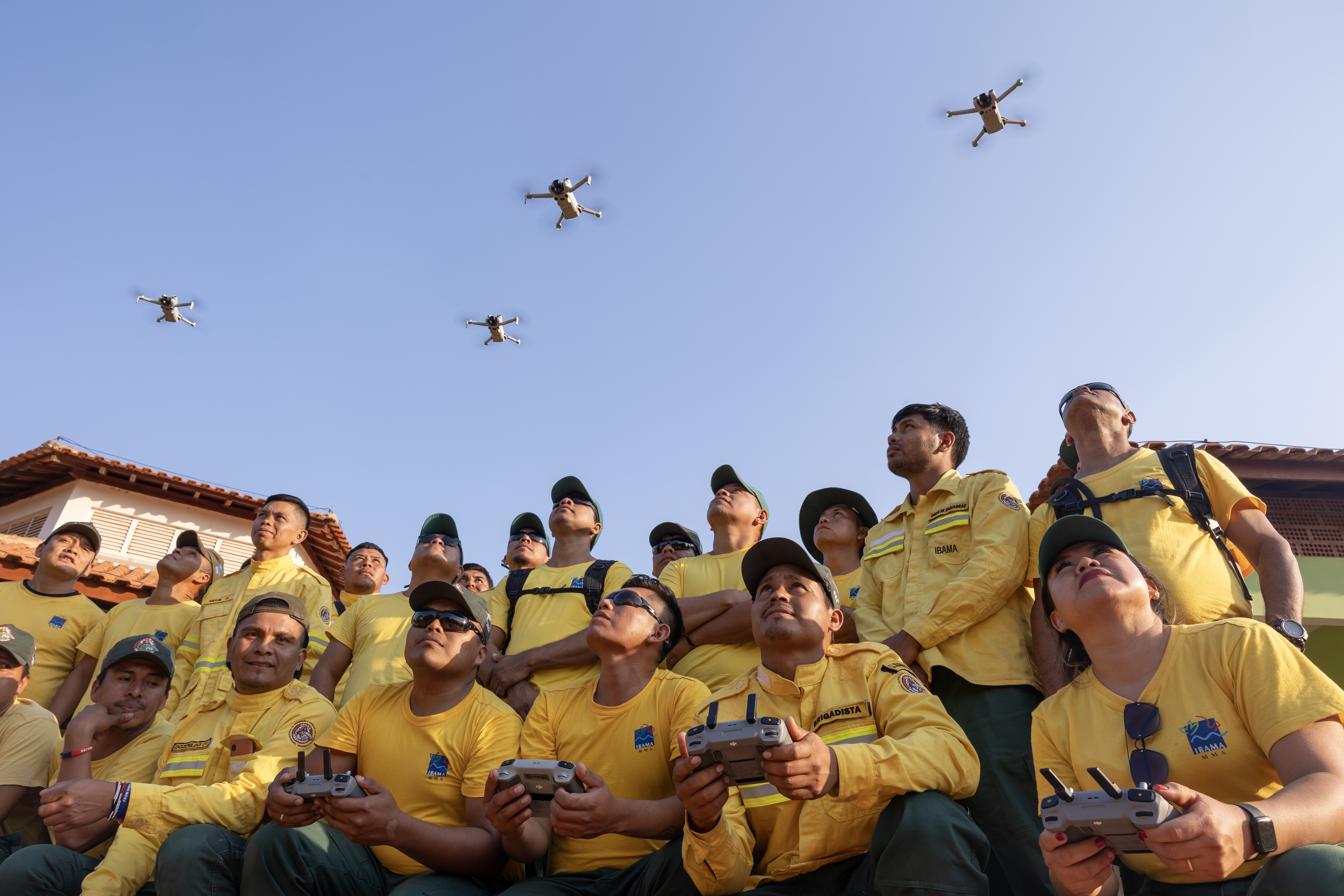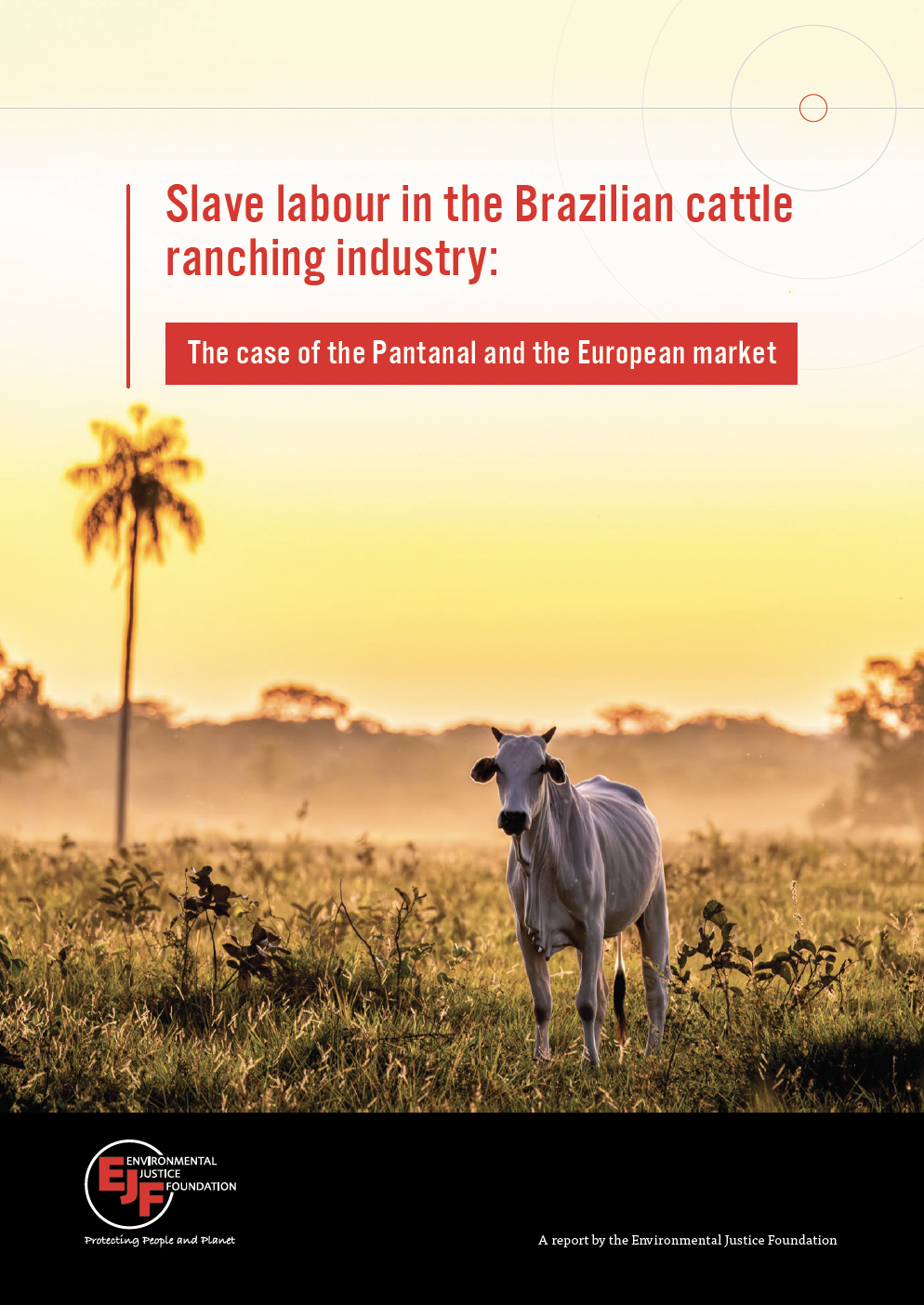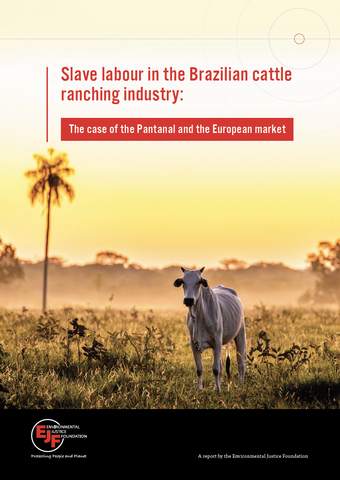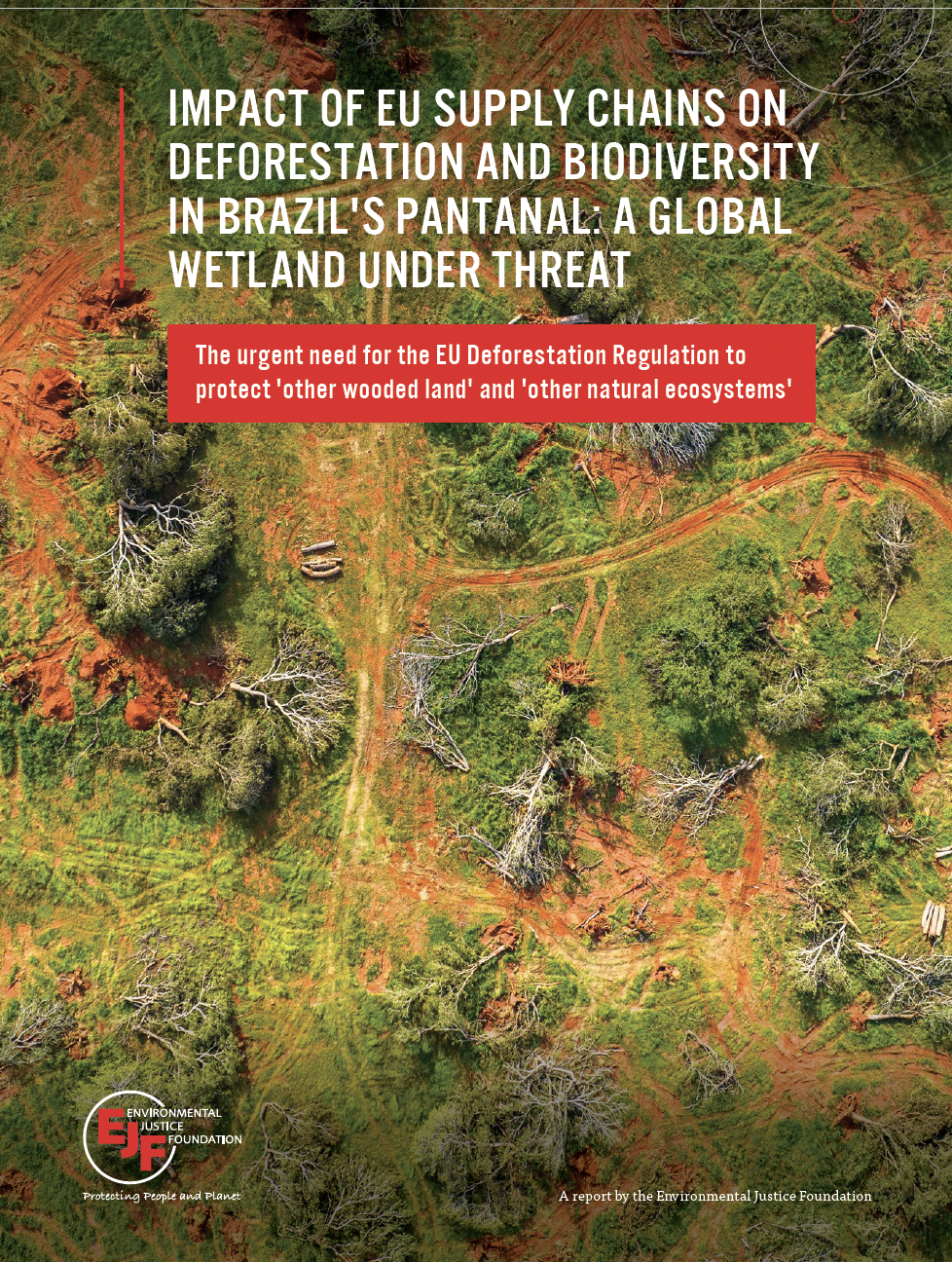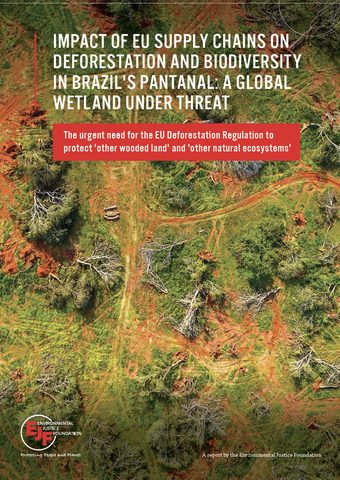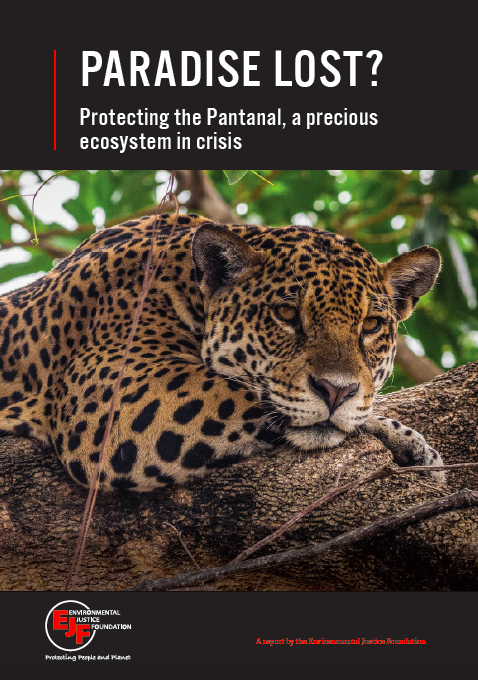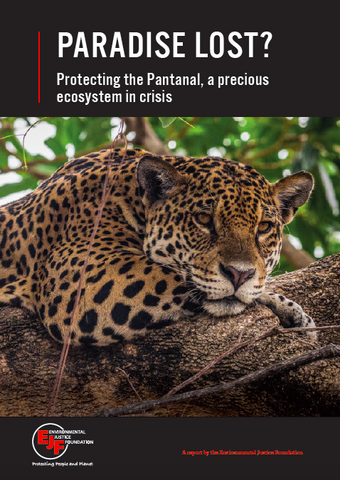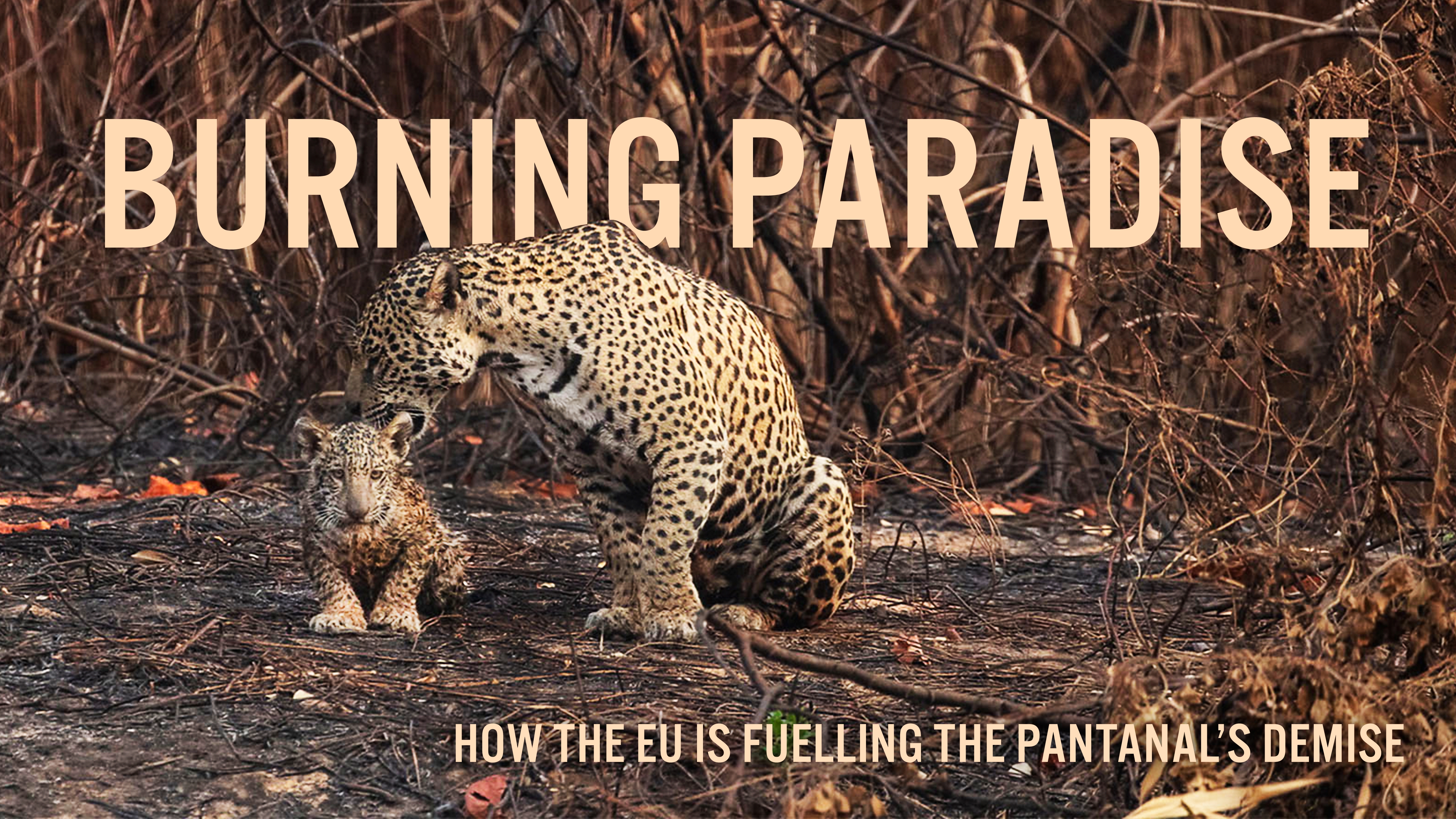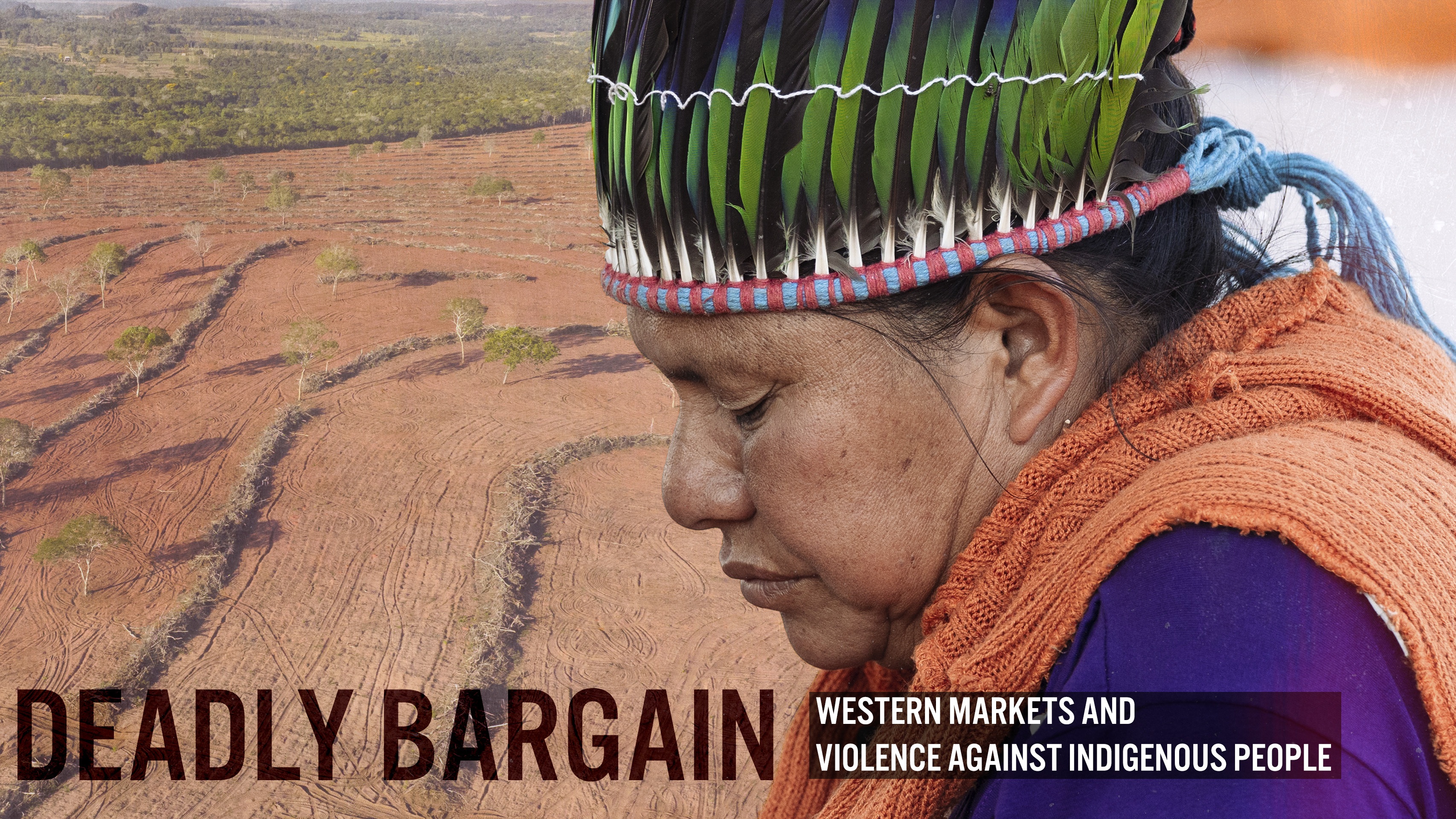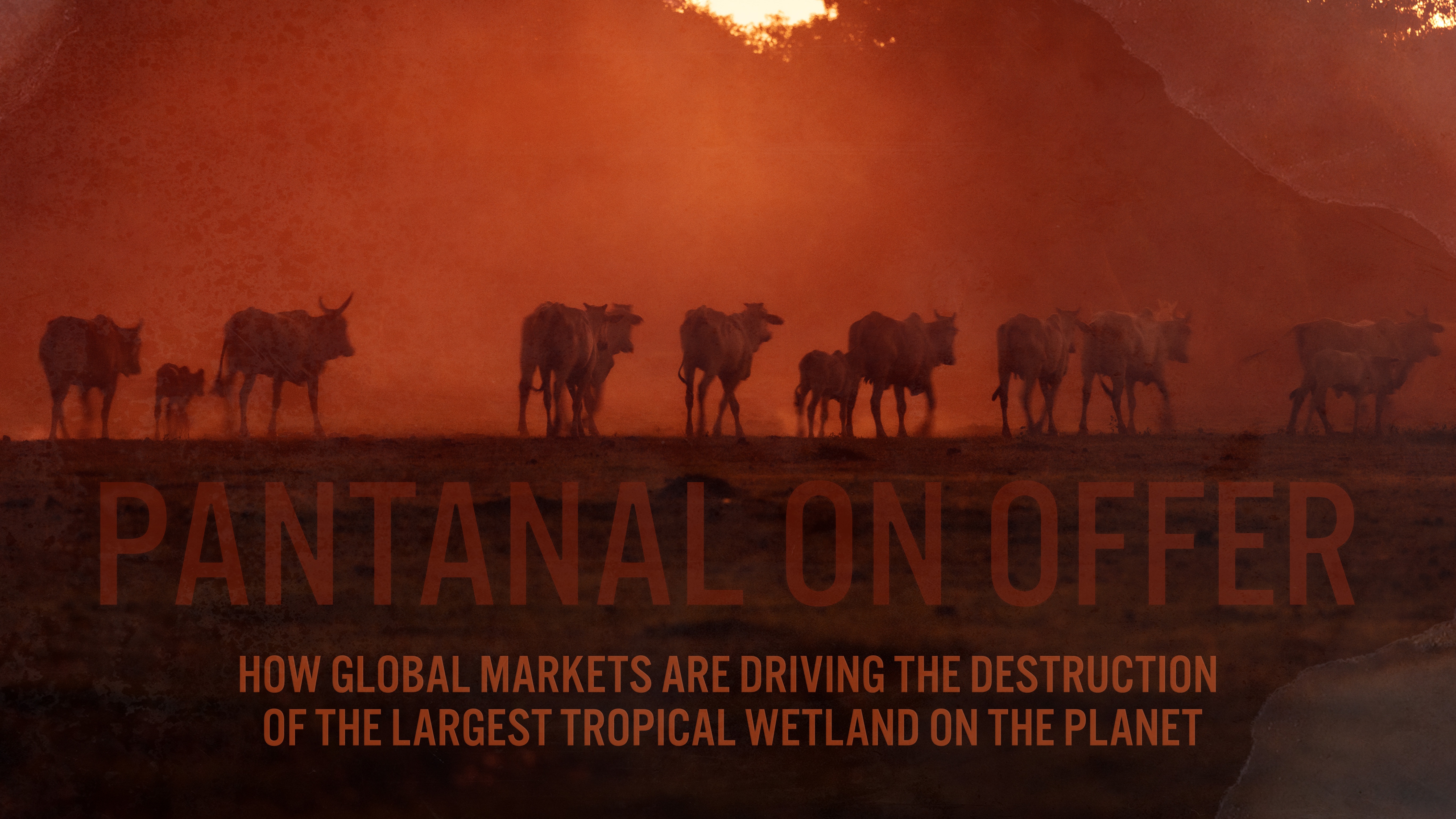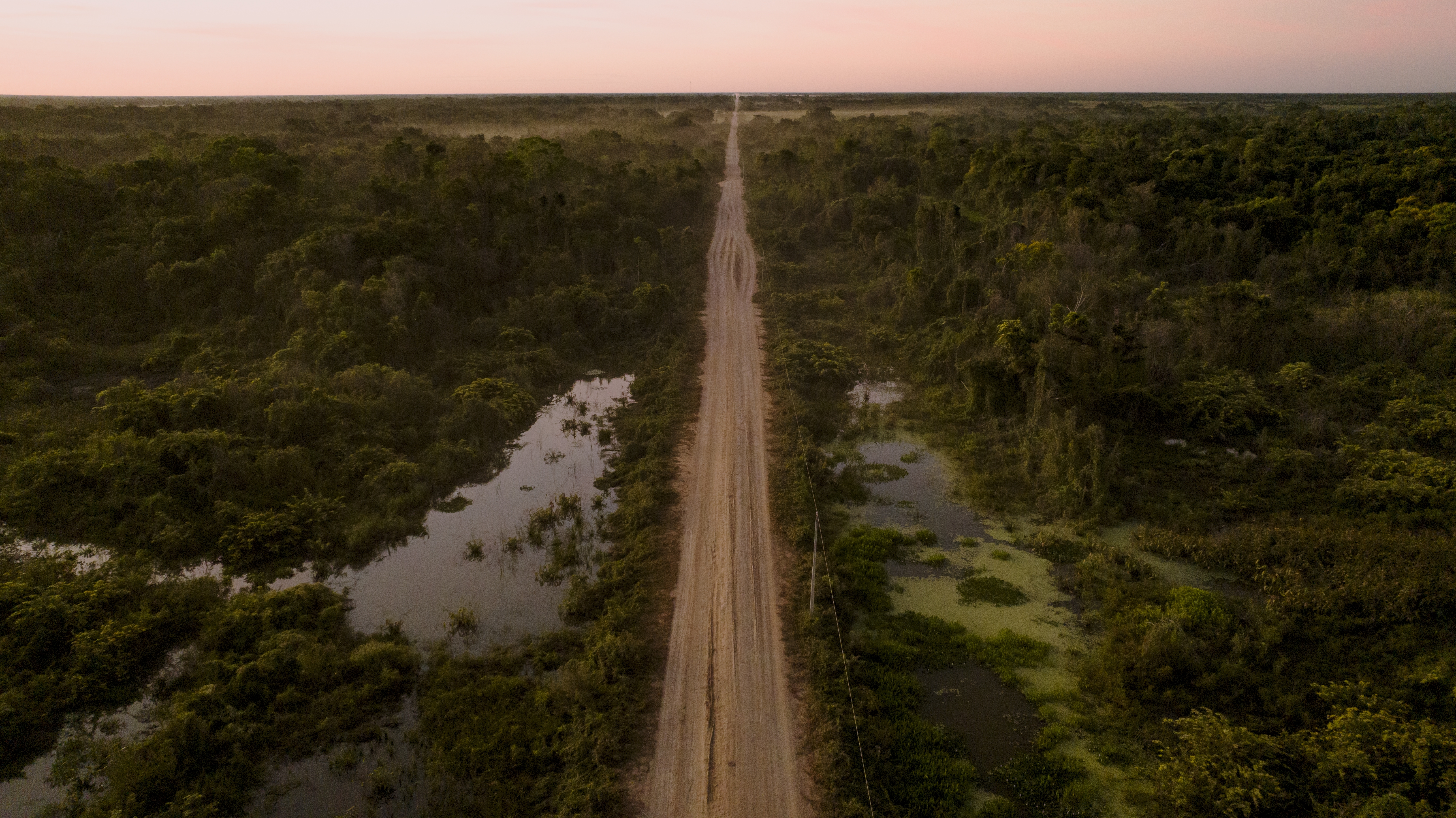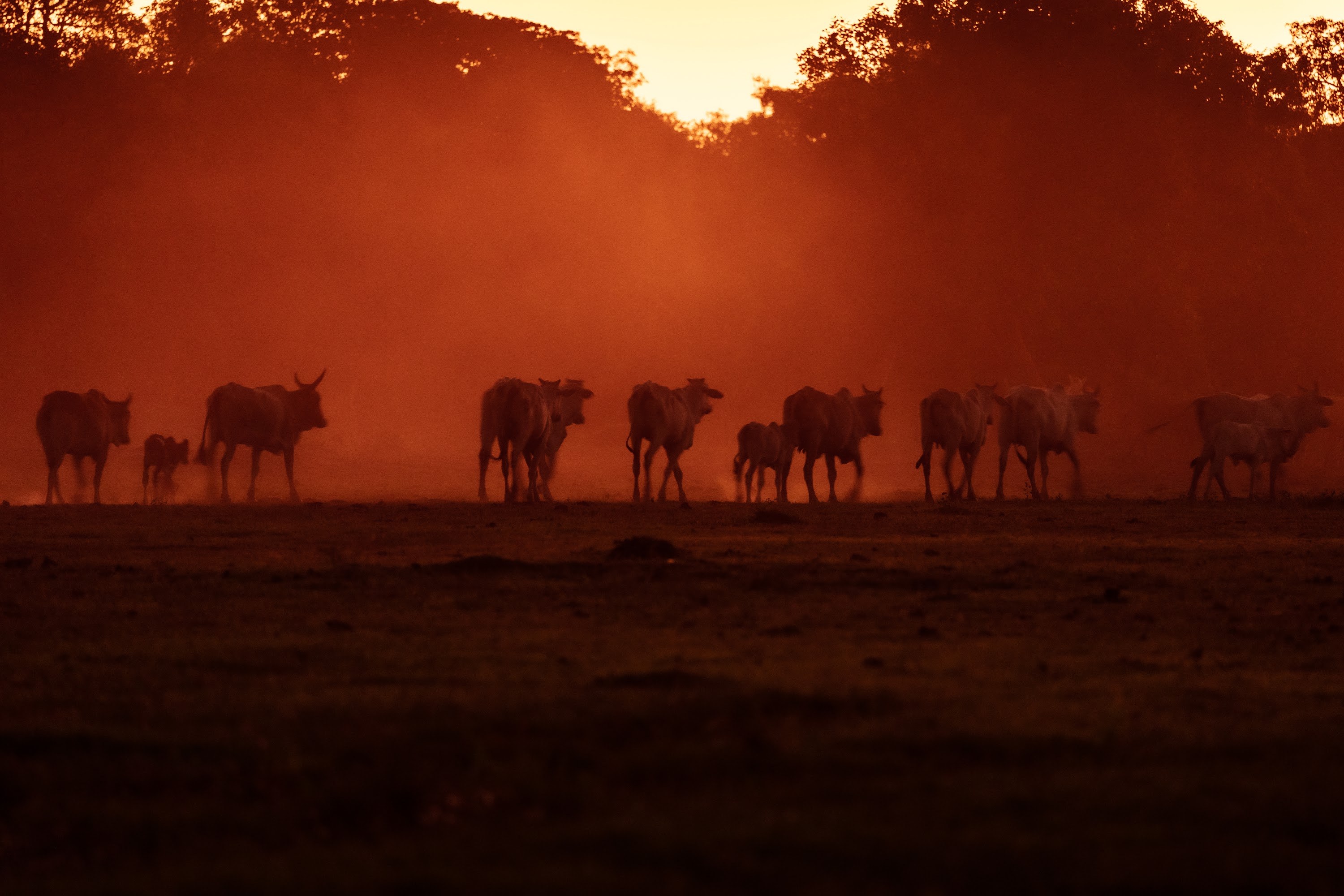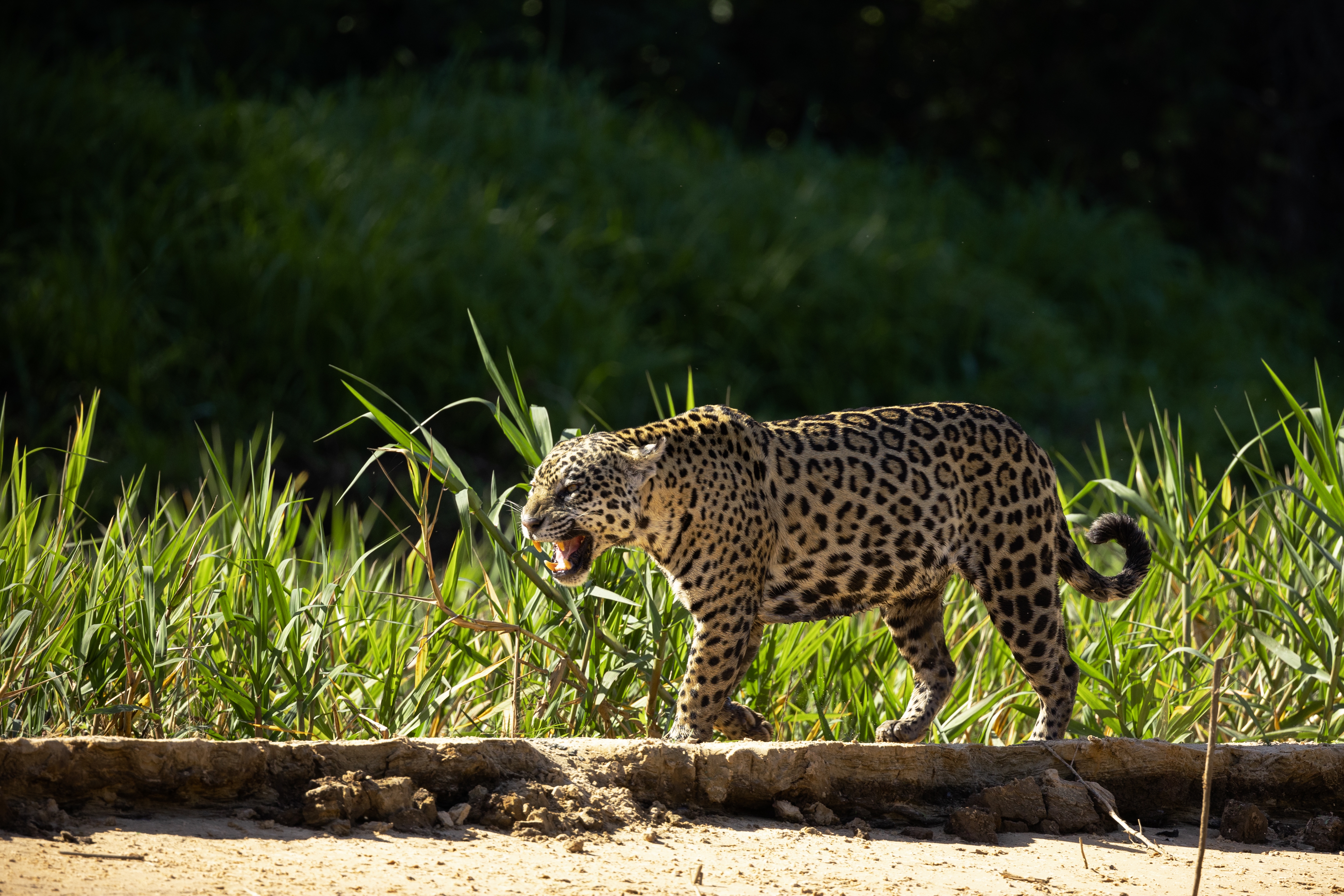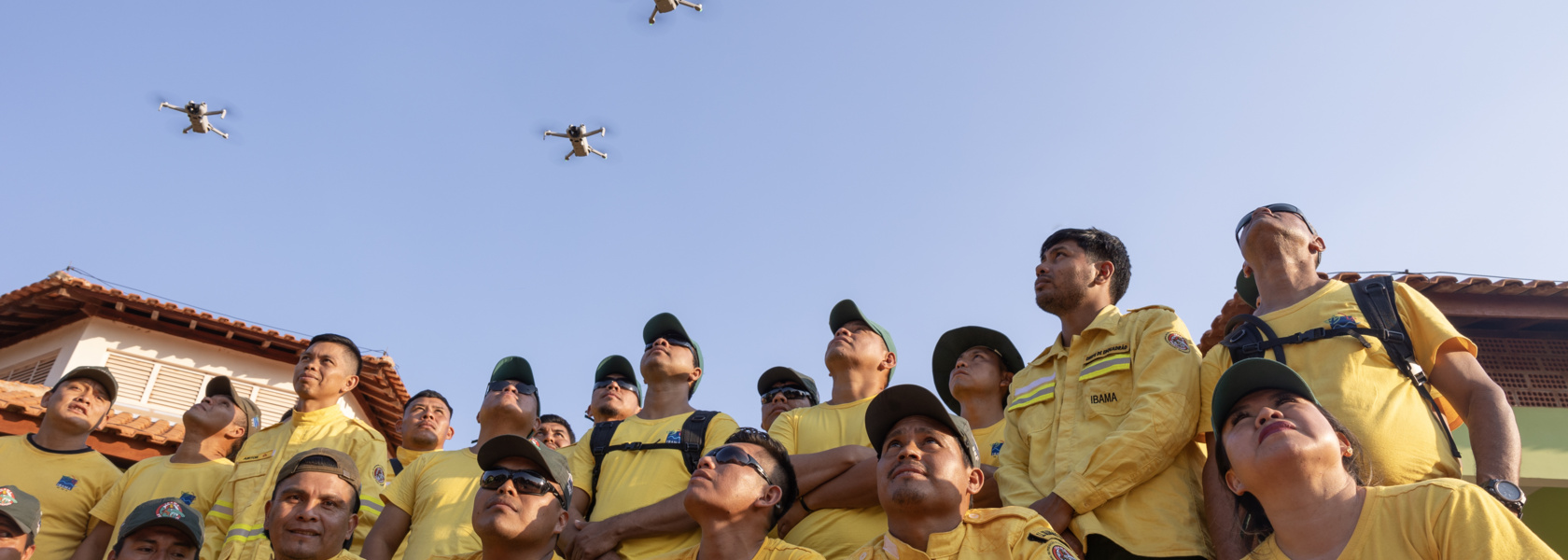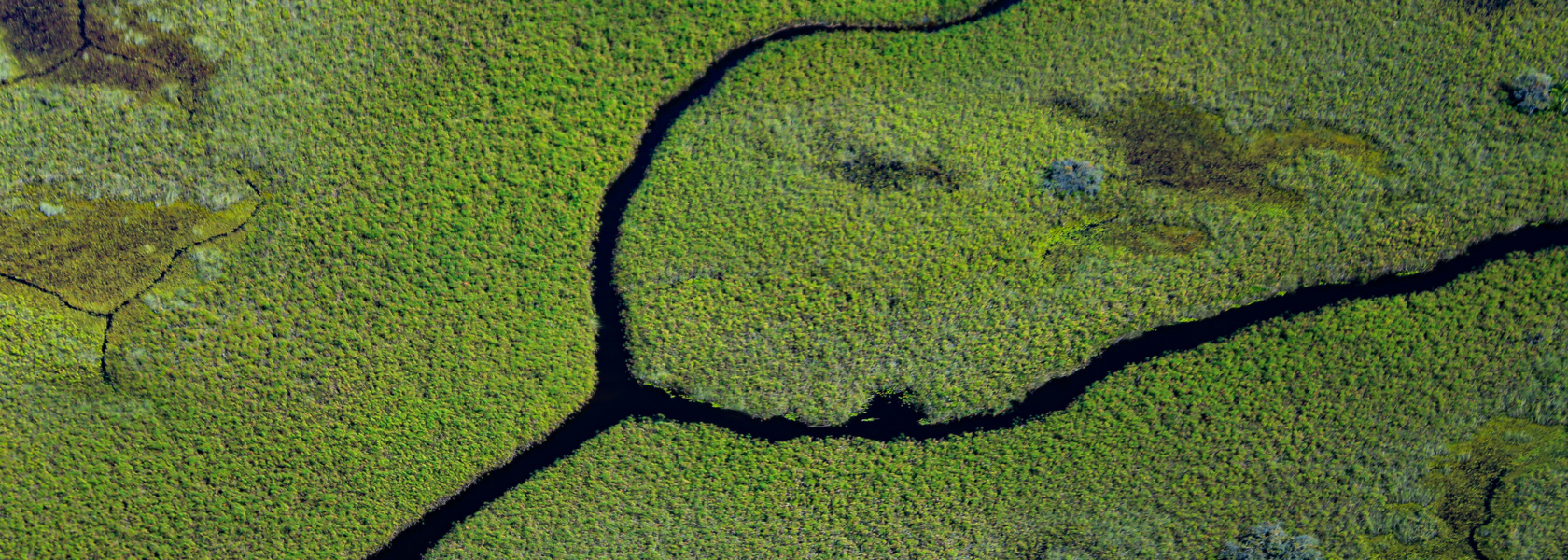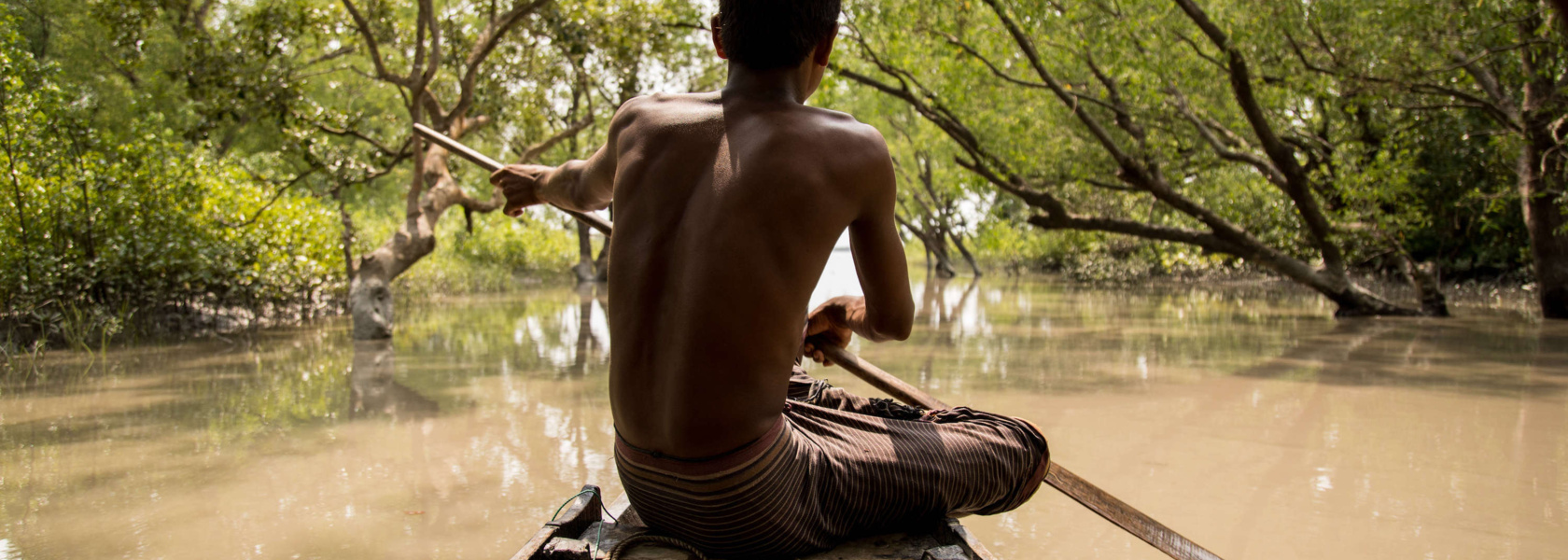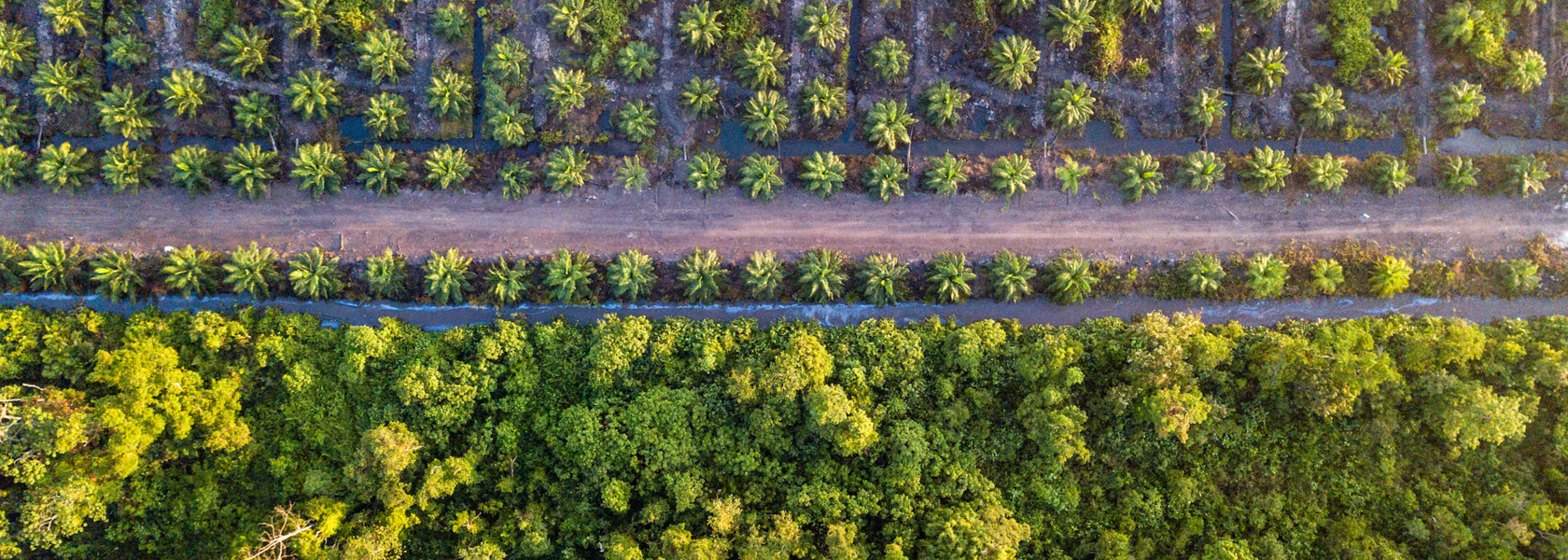The Pantanal is the world’s most extensive tropical wetland, stretching across Brazil, Paraguay, and Bolivia. This complex and unique ecosystem is home to an extraordinary abundance of wildlife. It provides critical services, including flood protection and freshwater for the 8 million people living within and around the region and is a vast carbon store, essential to global climate regulation. Today, the Pantanal is threatened by agribusiness and global heating, causing severe drought and exacerbating wildfires.
EJF is working with Indigenous communities and environmental defenders to secure protection for this precious biome.
An irreplaceable and diverse ecosystem
The Pantanal covers some 17 million hectares of wetlands and grasslands crossed by waterways and dense forests. These diverse habitats support many species: 2000 plants, 580 birds, 271 fish, 174 mammals and 57 amphibians. Some rare and threatened species include giant otter, lowland tapir, giant anteater, hyacinth macaw, and maned wolf.
Beyond hosting astonishing biodiversity, the wetlands also act as a carbon store, helping mitigate climate breakdown. Protecting this ecosystem is critical not just for the region but to the planet.
Big cats, big impact
The Pantanal is home to the world’s highest density of jaguars, which have unique behaviours, including more social behaviour and a fish-based diet, both unique to science. As an apex predator, jaguars regulate other species and the entire wetland ecosystem. However, they are threatened by habitat loss and wildfires, vanishing water and violence from ranchers who hunt them, ostensibly to protect their livestock.
Jaguars have lost around 50% of their historic global range.
Despite its ecological richness and exceptional value locally and globally, most of the Pantanal is unprotected. Around 93% of the Brazilian Pantanal is held in private lands, of which 80% is used for cattle ranching.
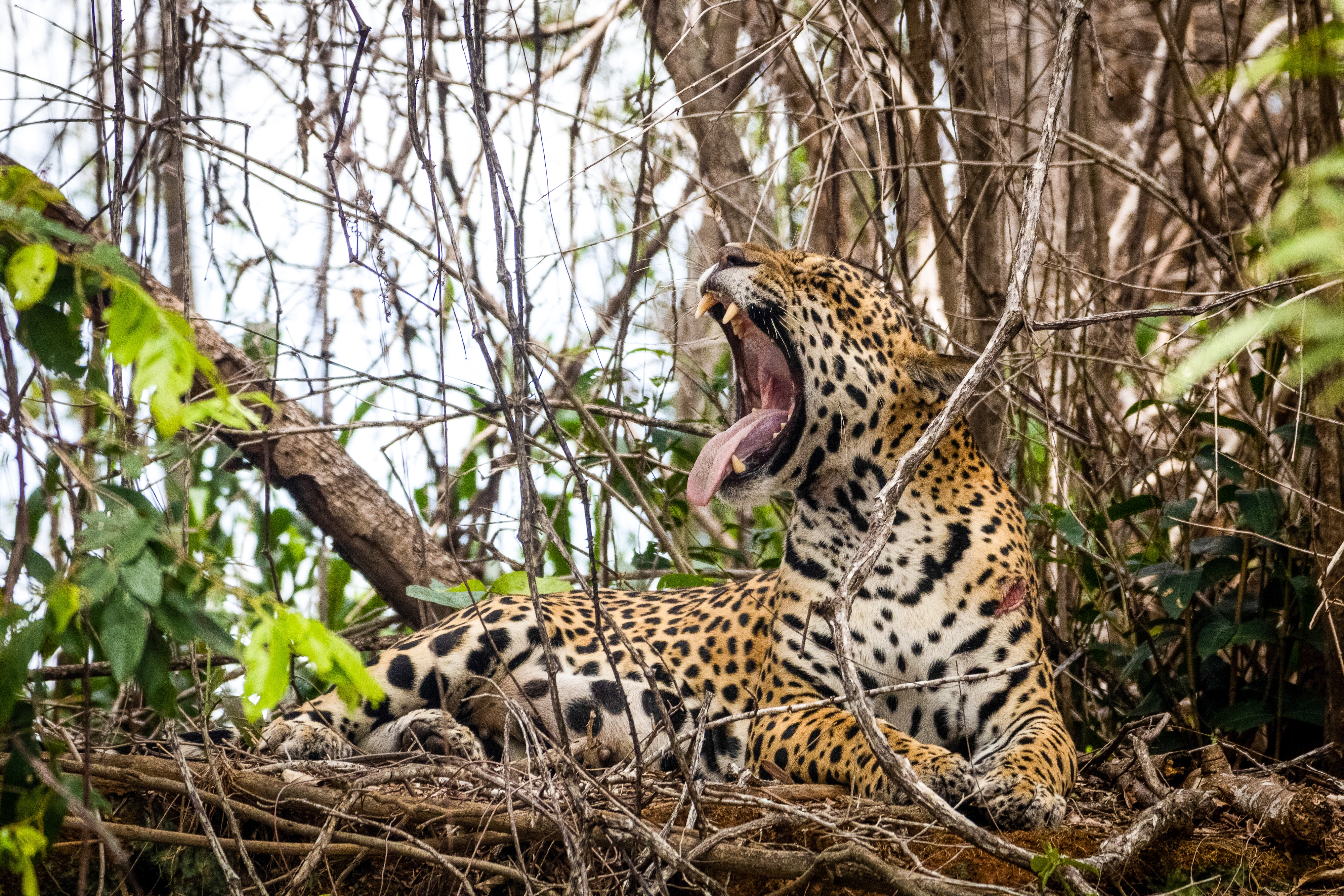
Supporting Indigenous rights
The Pantanal is home to the traditional territories of eleven Indigenous tribes, but as elsewhere, they are often denied access to their ancestral lands and hemmed in by destructive agribusiness that changes the very nature of the landscape and the waterways that pass through it.
Brazil's agricultural industry and centuries of anti-Indigenous policies accelerated under the Bolsonaro administration. In 2020, devastating wildfires impacted every Indigenous community in the Pantanal – most severely, the Guató tribe, which lost 90% of its land to the flames.
The failure to ensure environmental protections and Indigenous rights has made the Pantanal a dangerous place for grassroots activists.
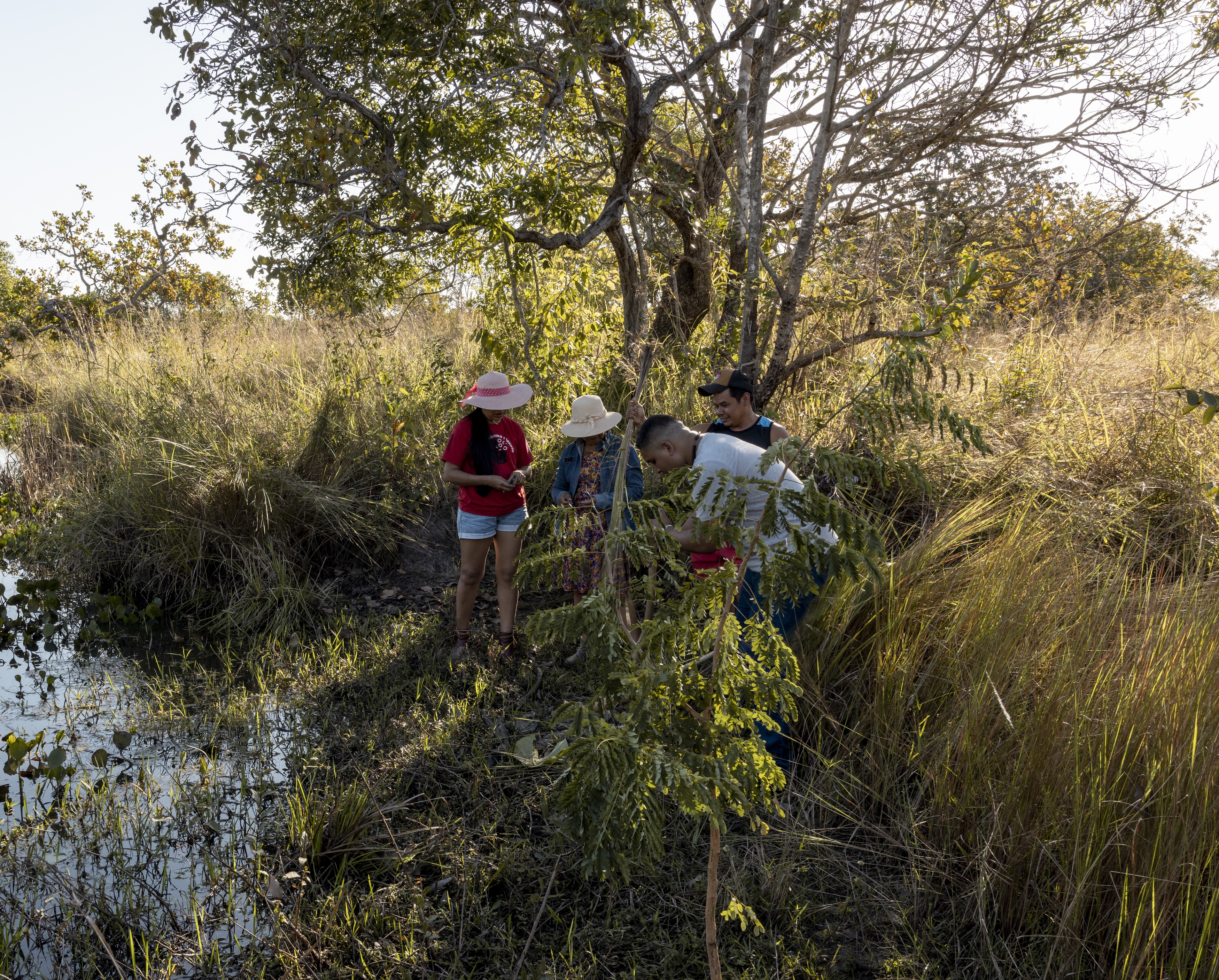
How did we, Indigenous peoples, who owned the land, ended up confined, surrounded by barbed wire, like cattle?
Anonymous, Grand Terena Council Assemblage, 2022
We, the Terena people, are traditional farmers and we would like to cultivate traditionally. The land is no longer proper for this because it has deteriorated – it has become a pasture, we can’t use it to cultivate our produce.
Val Eloy, Terena leader, June 2022
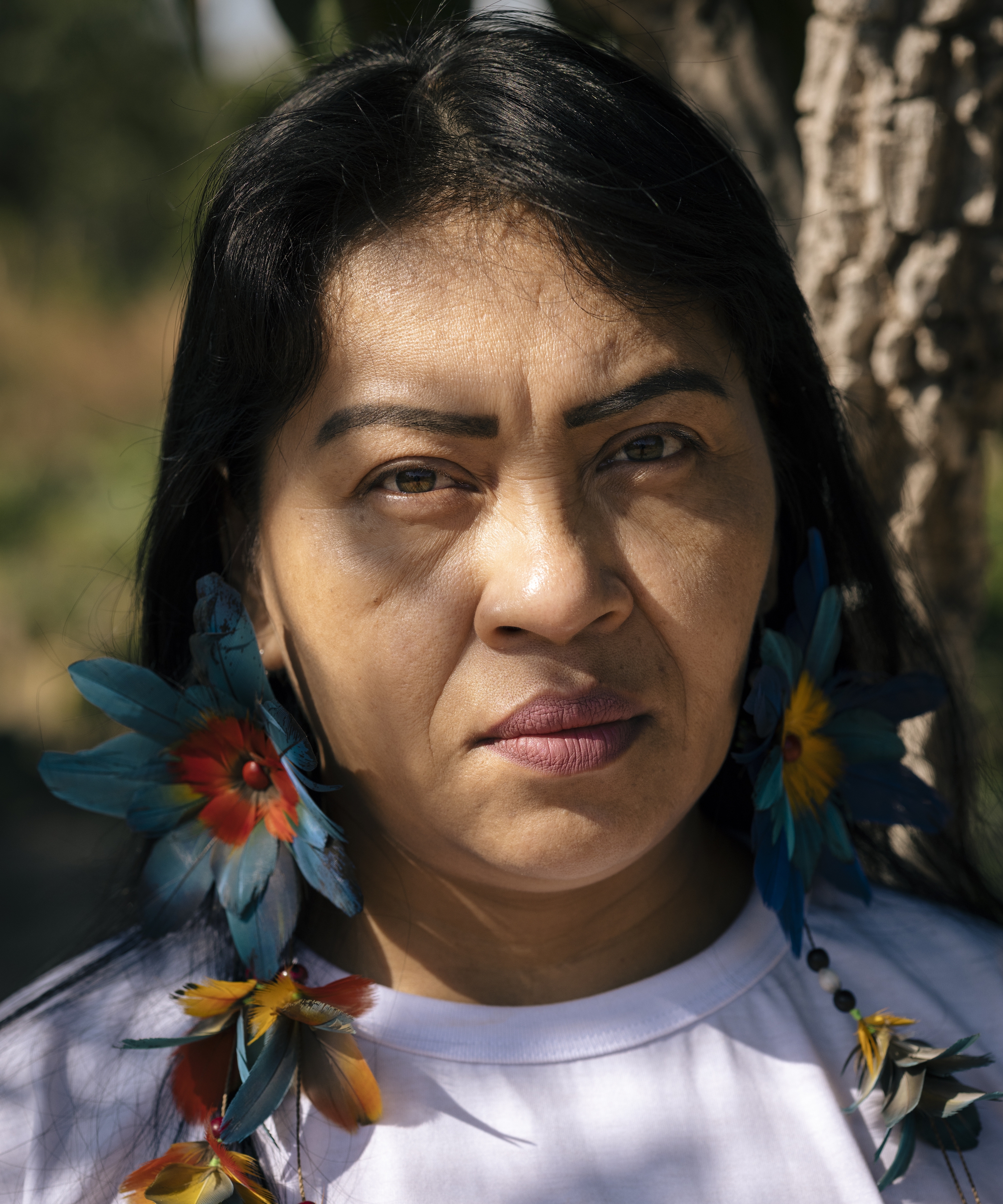
Wetland under siege
Despite its regional and global value, the Pantanal is dying a ‘silent death’, with little of the public attention given to the Amazon. Threats include:
Intensive export-driven cattle ranching
Monoculture, including soy plantations
Mining, road construction and hydropower
Extreme heatwaves and droughts, driven by the climate crisis
Wildfires, including many set intentionally to clear land for agriculture
Securing stronger legal protections for the Pantanal will reduce land conversion, protect Indigenous peoples and reduce the risk of devastating wildfires that contribute to global heating. It is not too late to save it, but we cannot wait any longer.
Up in smoke
In 2020, drought contributed to the spread of wildfires that destroyed one-third of the Pantanal. Some 17 million vertebrate animals were killed by the fires or shortly afterwards due to a lack of food and water. The wildfires released 115 million tons of carbon dioxide into the atmosphere.
Over 38,000 square kilometres – an area larger than Belgium – burned in 2020.
The fires damaged ecological processes, and increased competition over food and water will have a lasting impact on the Pantanal’s wildlife.
There is a significant risk that degradation will intensify following the weakening of environmental legislation in Mato Grosso State. Moreover, increasing protection for the Amazon may have a displacement effect, driving damaging practices further into the Pantanal.
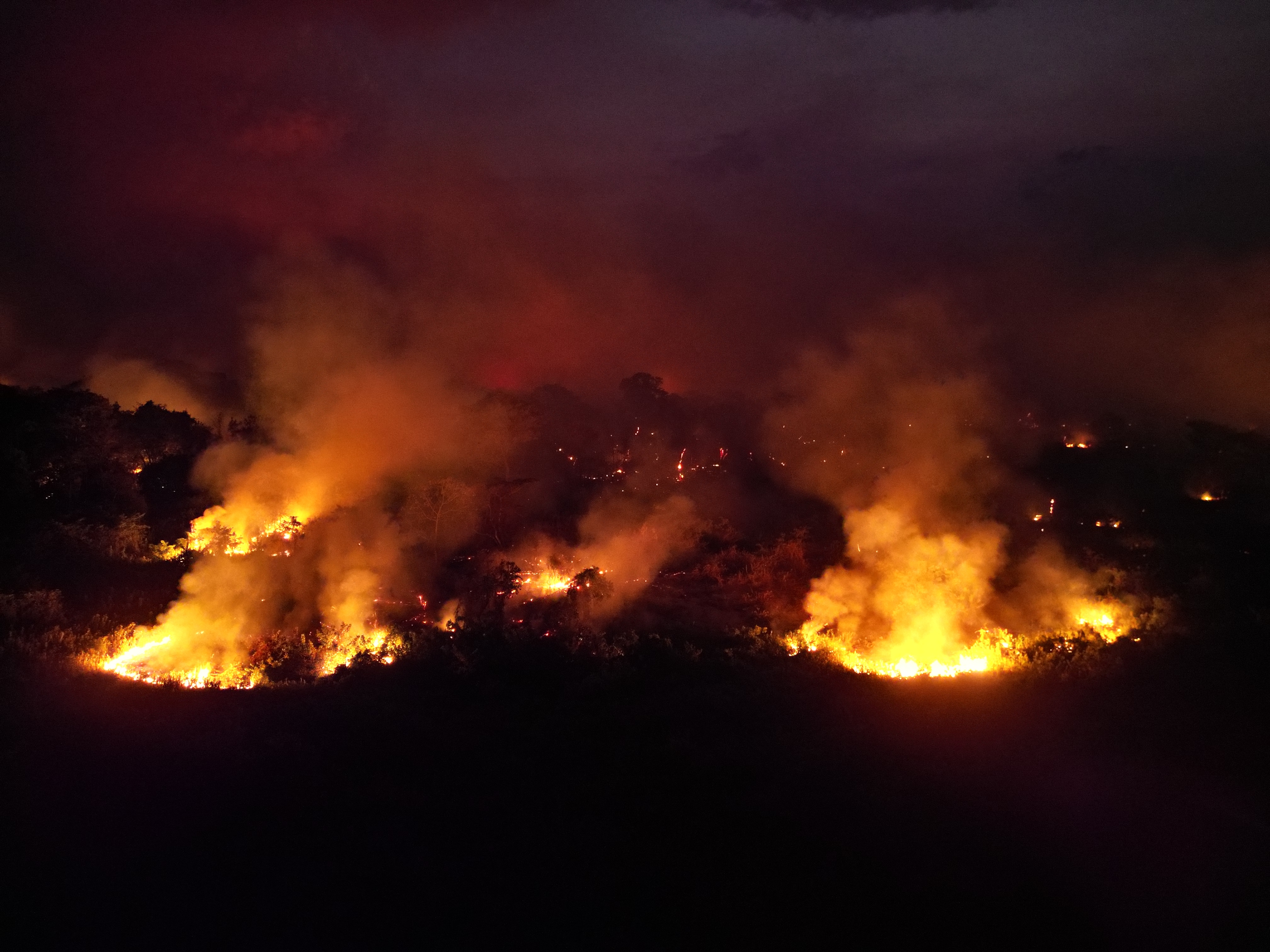
EJF’S CAMPAIGN TO PROTECT THE PANTANAL
Working with local environmental defenders and Indigenous communities, our investigative team films the destructive impacts of industrial cattle ranching on the biome and the people who depend upon it.
Our work is providing direct support through training, equipment and mentoring to grassroots environmental defenders so that they can show the beauty of this unique place and the threats to its survival.
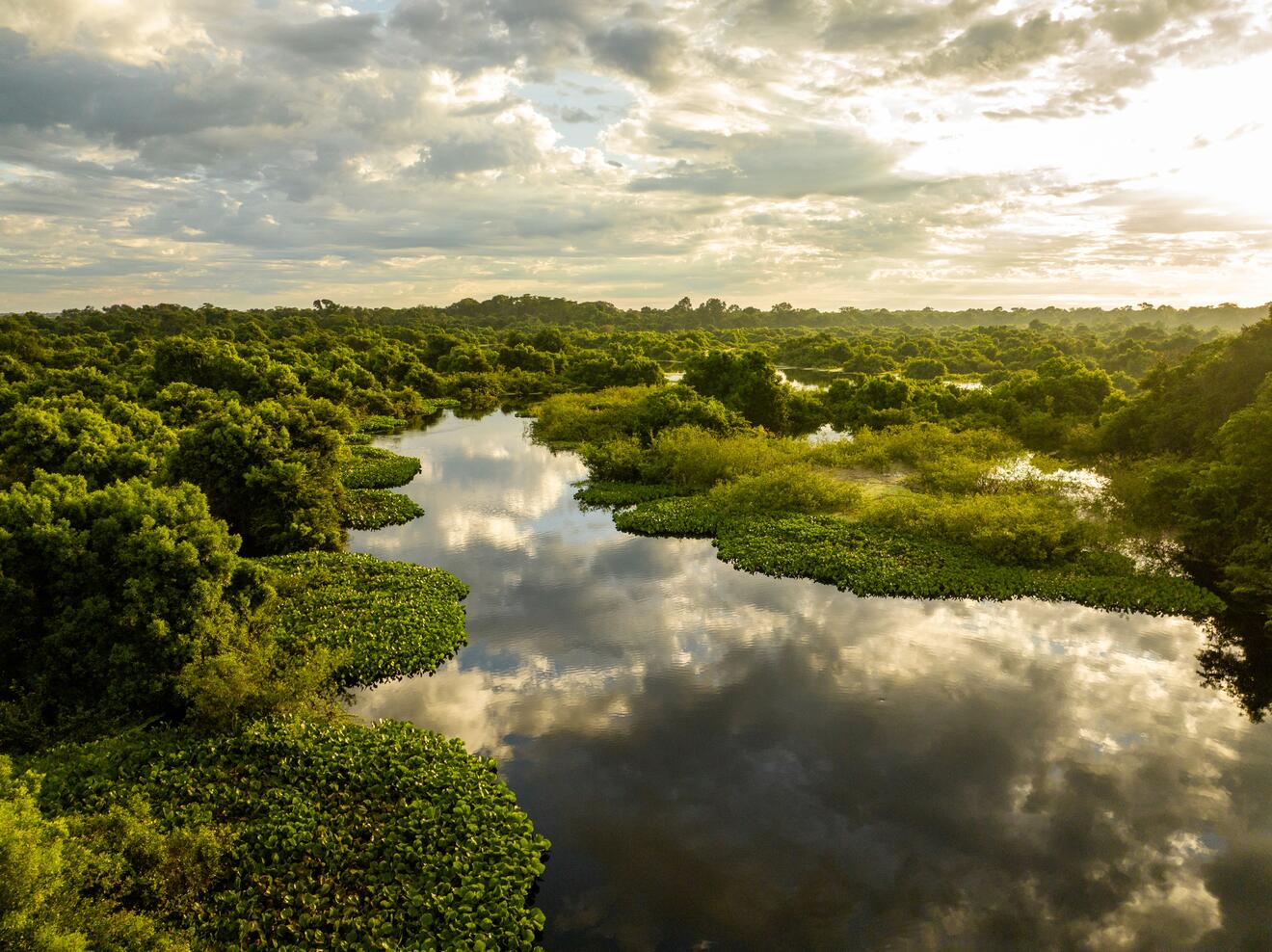
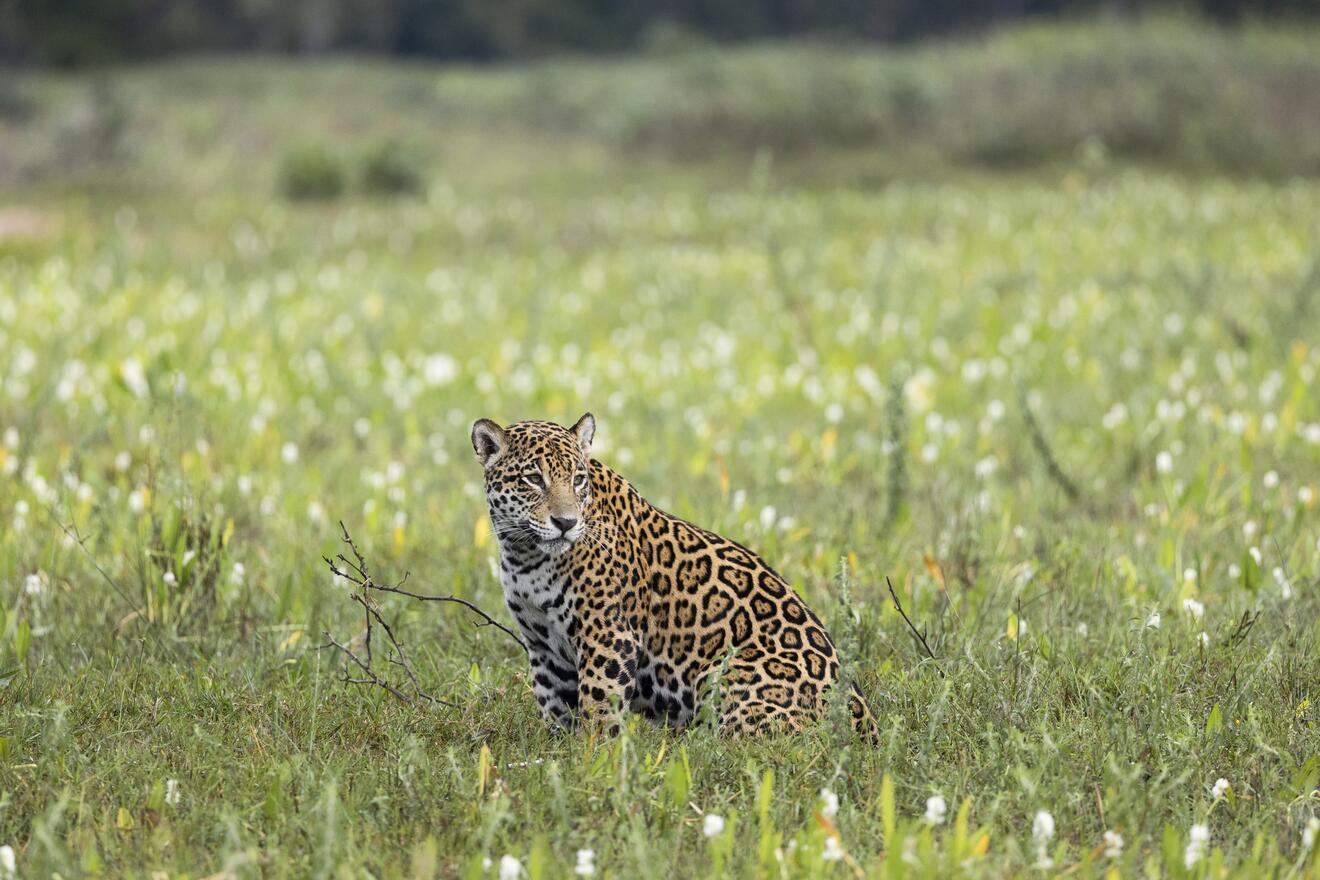
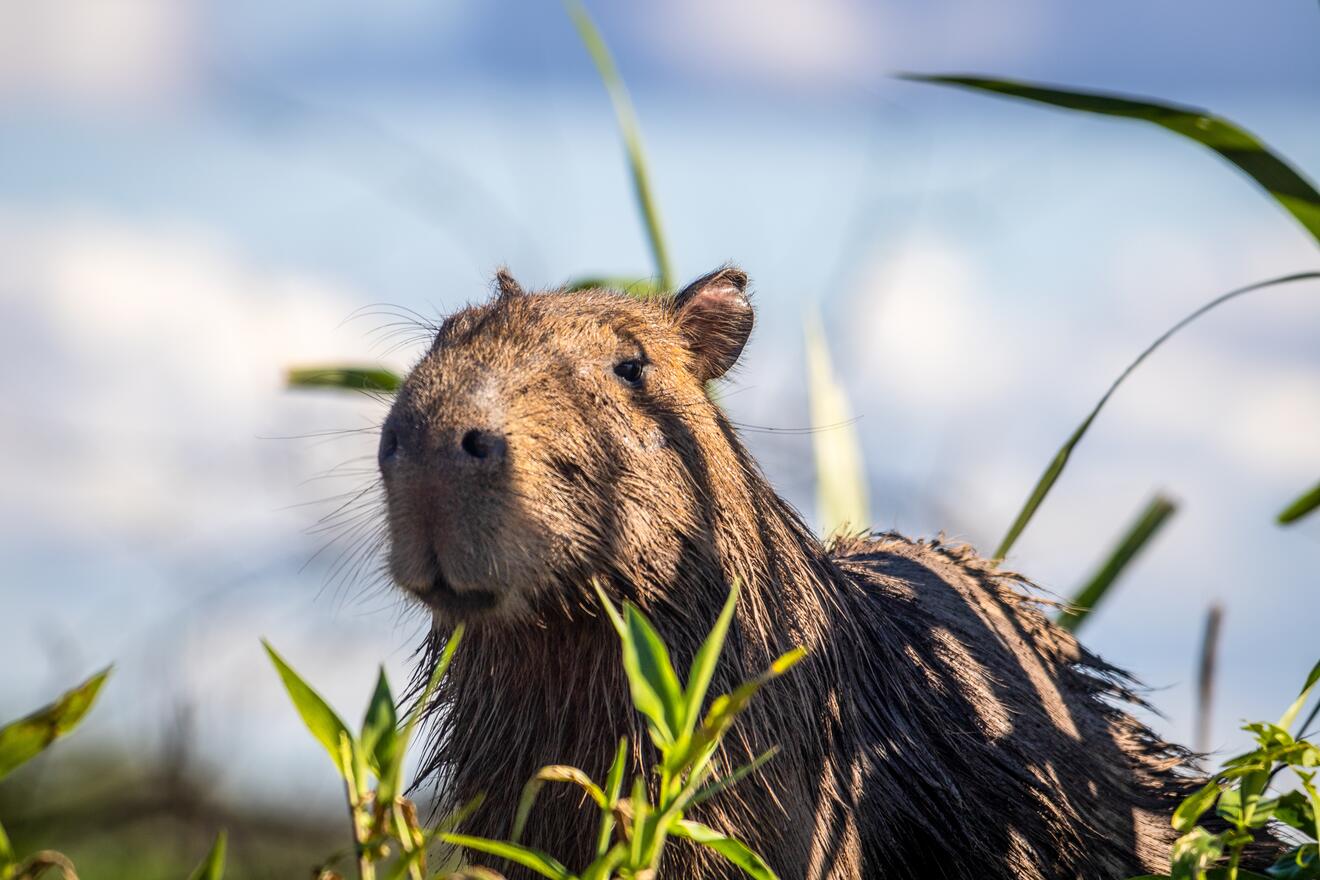
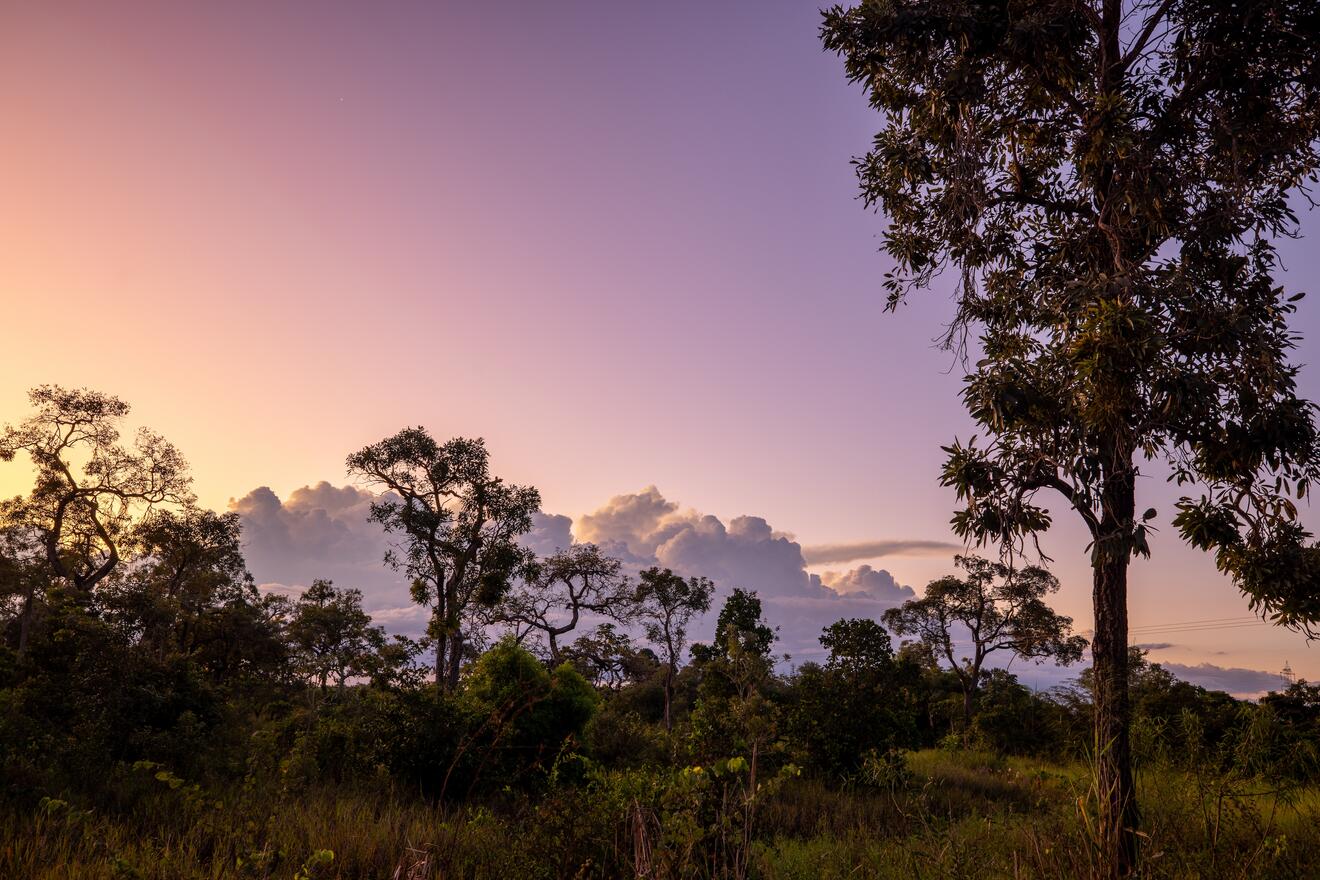
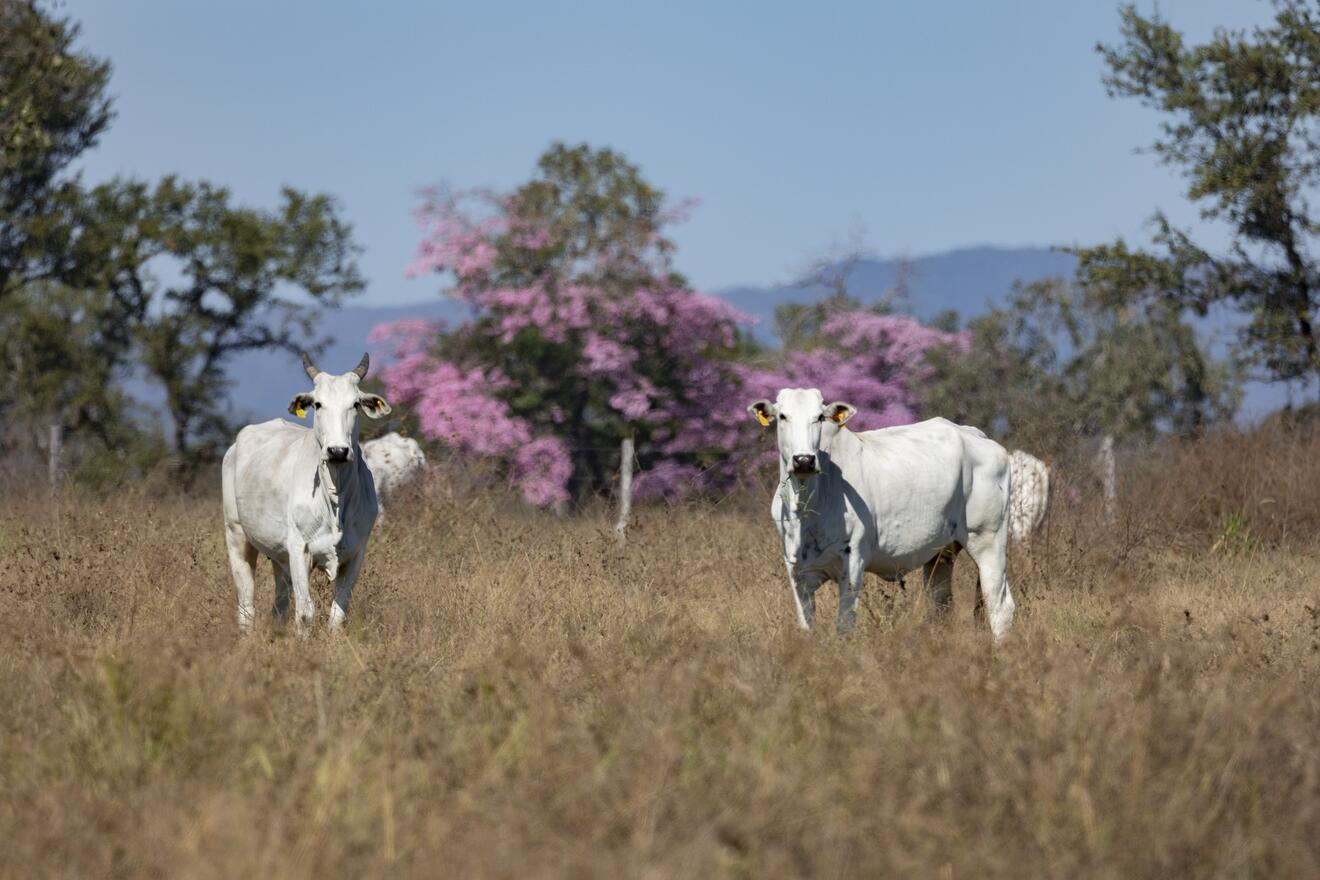
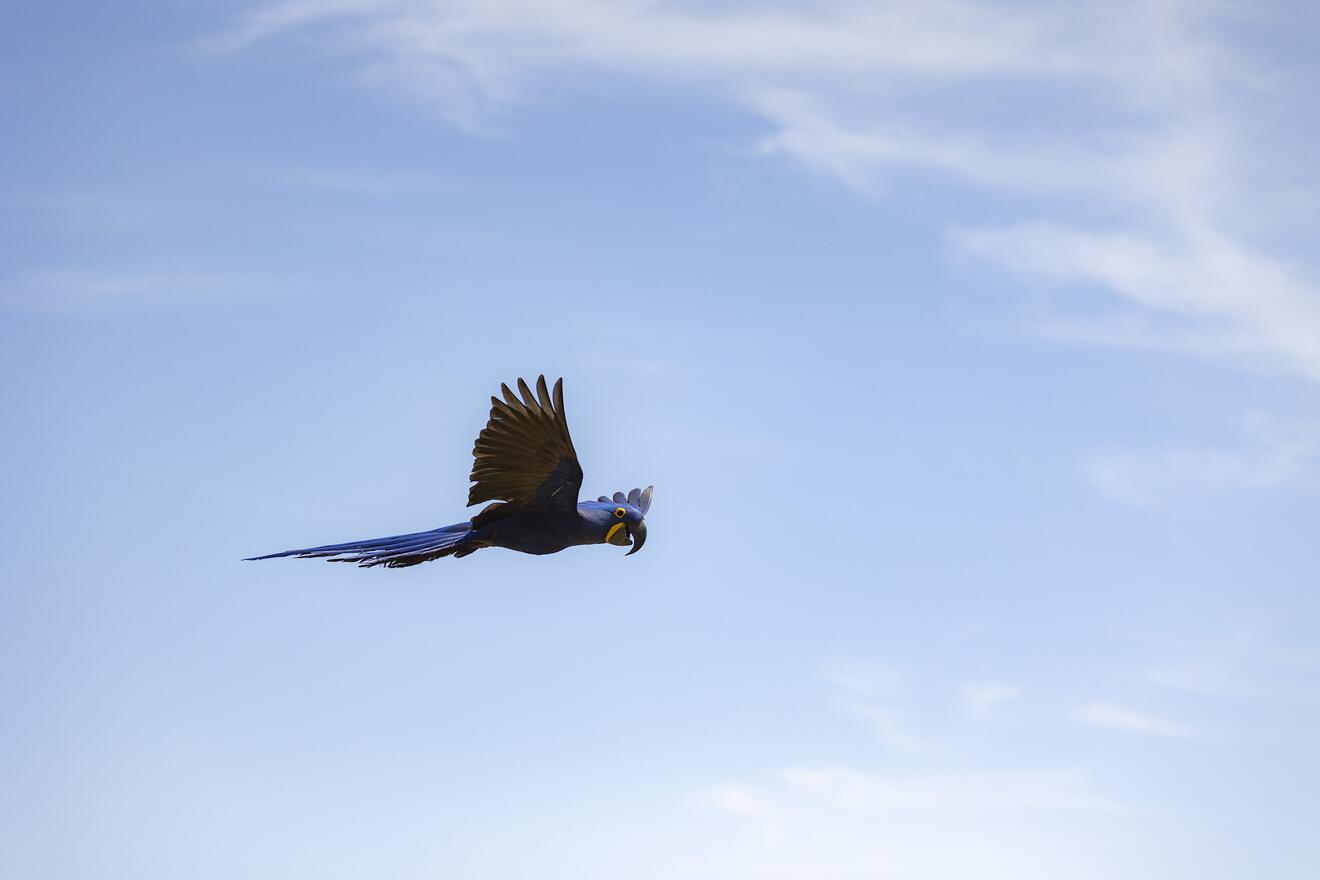
SIGN UP FOR OUR EMAILS AND STAY UP TO DATE WITH EJF
